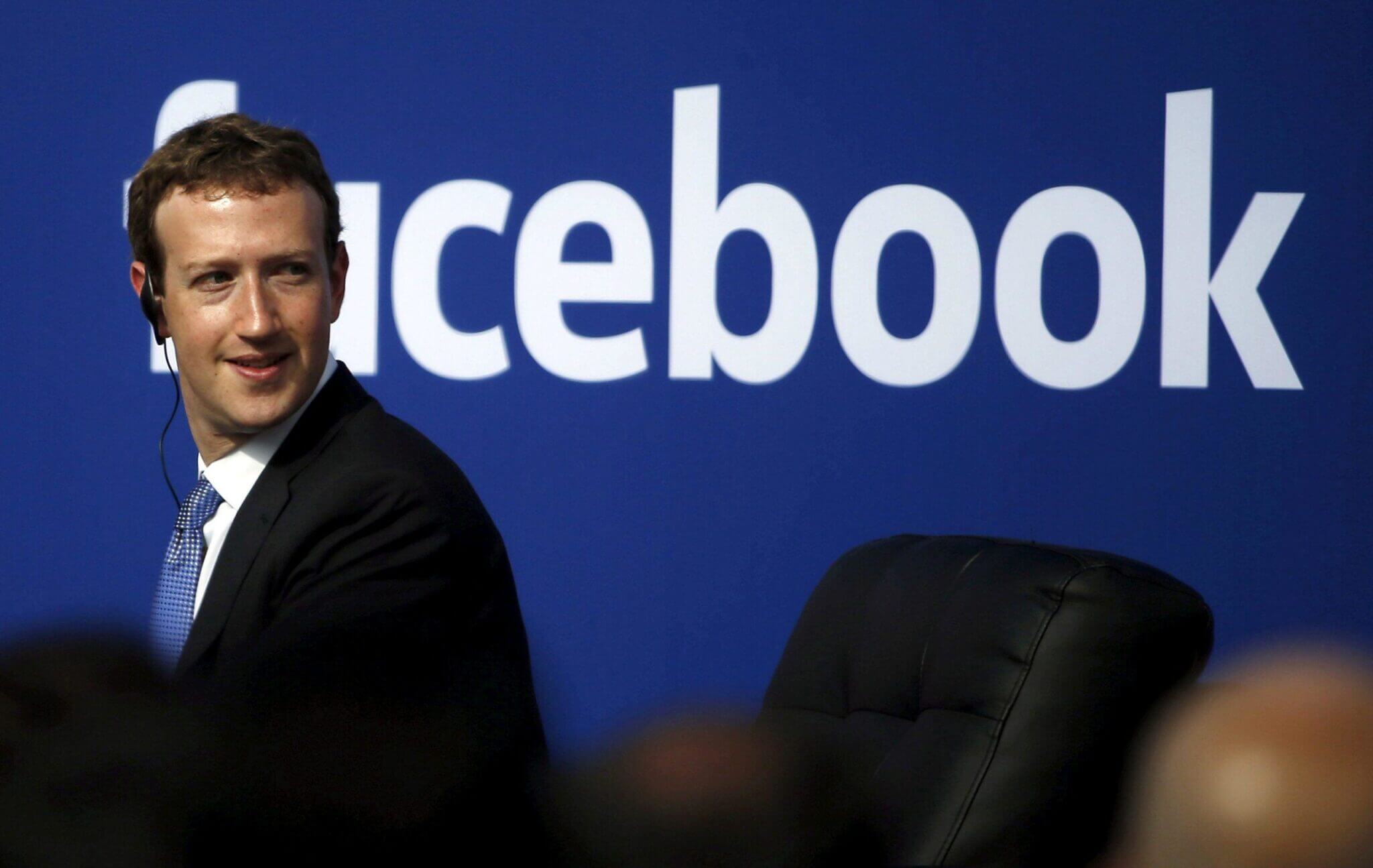Facebook’s plans to create a so-called metaverse, which according to the company would include everything from major investments and hiring thousands of people in Europe, to eventually changing the company’s name to reflect its focus in that area. What are some of the problems we might see emerge in a Facebook metaverse.
One of the first books to explore the idea of a metaverse was in Neal Stephenson’s 1992 novel Snow Crash, in which the science-fiction author used the term to refer to a three-dimensional virtual world inhabited by avatars of real people with interactive capabilities. Since then, the idea has developed in various forms, from primitive Second Life type environments, to more modern games such as Fortnite or Roblox. When Facebook bought Oculus VR in 2014, it mentioned its interest in “creating the platform of tomorrow” and in “changing the way we work, play and communicate.” Recent announcements suggest it intends to move forward along similar lines.
In which case, what are the main problems with a hypothetical development and launch of a metaverse by a company like Facebook?
- Reputation: The Facebook of today is not the Facebook of 2014, and arguably, now holds one of the worst reputations of any company in the world, directly implicated in issues ranging from manipulation of millions of people, interference in elections, coup attempts and genocides. Many of these episodes took place, moreover, with full knowledge of the company, which was fully aware of how its platform was being misused, but which simply decided — unilaterally, and in an informed manner — to do nothing and ignore its responsibility. The company’s motto until a few years ago, “move fast and break things”, reflects its disregard for the consequences of its actions, and is clearly embedded in its corporate culture.
- Security and lack of transparency: Facebook has proven on many occasions to be a irresponsible about security. Intrusions with theft of personal data of millions of users, files stored on unprotected servers, unlimited access by very unsavory actors, etc., make Facebook’s priorities when it comes to protecting its users’ data perfectly clear. Moreover, it has tried to cover up these issues, thus generating more problems for all those involved, and clearly has no intention or ability to fix its problems itself.
- Business model: Facebook’s business model consists of exploiting to the max its users’ data, both explicitly (what we consciously provide to the company) and implicitly (behavior, comments, actions, relationships, etc.). This model is replicated in the company’s other platforms, which indicates that a metaverse created by Facebook would almost certainly be largely about obtaining more information about its users to generate variables that its real customers, advertisers, could use to segment their campaigns.
- Advertising model: Facebook’s advertising management has been characterized on countless occasions by many users as enormously intrusive. From people being persistently reminded of circumstances they would prefer to forget, to targeting perceived as excessively personal or as a real invasion of privacy. The design of some campaigns, such as those used by third parties in the manipulation of electoral processes, reveals that Facebook offers advertisers a sniper that they consider to be enormously accurate (reality says otherwise). Clearly, we are talking about an advertising model that apparently makes its customers very happy, but very unhappy those users who, for the company, are simply the raw material with which the company manufactures its products.
- Privacy management: Facebook has repeatedly shown itself to be working on a redefinition of privacy, from statements by its own founder, to evidence such as changes in the configuration of the default privacy options, which in practically all cases have gone in the same direction: making users share more information. The ideal for Facebook is an open internet where everyone knows everything about everyone else, and where advertisers can exploit all that data to target people more accurately. The company is a panopticon, constantly monitoring all the actions of its users to exploit them commercially. Is that the metaverse model we want?
- Greed and unethical: Facebook has shown its unscrupulousness on countless occasions, and that it never stops working on ways to increase the time its users spend on its platforms. Its recommendation algorithms, user interface and content management are always on the same goal: keeping people connected and then using the information provided by their interactions, as well as other data from the sensors on their devices, analyzing their cookies or the information they manage on other pages connected to Facebook. If extended to an environment such as the metaverse, this greed could be very dangerous. Very few companies have shown themselves to be more unethical than Facebook. From misrepresenting the information it provides to its advertisers by manipulating, for example, video views or the effectiveness of its advertising, as well as ignoring the potential negative effects it generates on its users and misleading the regulator, the media, analysts or even its own Oversight Board.
- Cognitive dissonance: Facebook’s modus operandi is to deny any wrongdoing. It makes no difference whether the evidence against it comes from leaks: the company will refute any charge. This behavior is a clear example of the cognitive dissonance that predominates in the company: despite all the evidence, the company’s managers consciously and voluntarily choose to do absolutely nothing to change its practices and simply downplay its importance or justify its policies on the huge profits involved.
- Acquisitions: Facebook is monopolistic and eats up the competition, either by buying them out or simply copying their products in order to integrate them into its ecosystem. After acquisition, most companies end up copying Facebook’s rapacious business model, and their founders sacked, a policy that has turned some into vocal critics of Facebook.
- Mark Zuckerberg: The Facebook founder is behind most of the problems mentioned above. He wields absolute control over every aspect of the company, is accountable to no one, and makes all the decisions in the company. Every scandal involving Facebook is down to him. In the case of creating a metaverse, a project for which he shows a clear personal enthusiasm, the stake would be even higher: direct decisions taken in a personal way by a very personally involved character, who has already demonstrated his priorities and lack of scruples on too many occasions.
- Closed platform: the company boasts about its contributions to open sourcing, but the reality is that Facebook creates walled gardens where entry means accepting its conditions. For example, to use an Oculus viewer you must sign in with a Facebook account. As an ecosystem, a metaverse should be completely open in its standards and allow the participation of multiple players, not be dominated or governed by a single company.
Given its record, Facebook’s products should carry a health warning. If there were a points-based license for corporate managers, the company’s directors would have long since been disbarred. It now finds itself in the crosshairs of regulators due to myriad issues. But rather than simply breaking it up, why not make it a spearhead for the development of what could become the new model of interaction and relationship on the internet?
A Facebook metaverse: what could possibly go wrong?




























